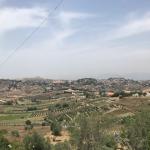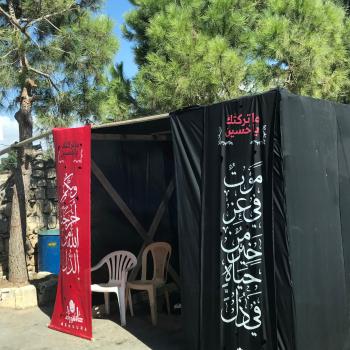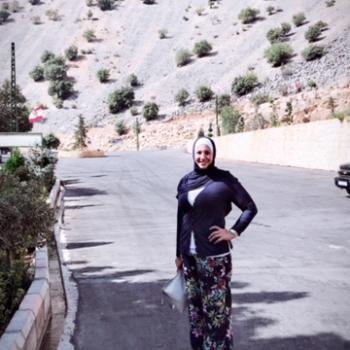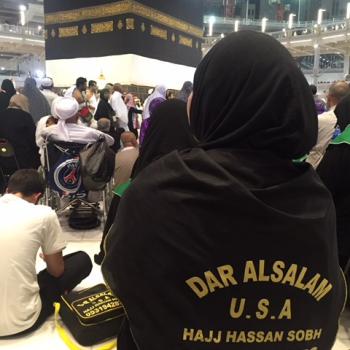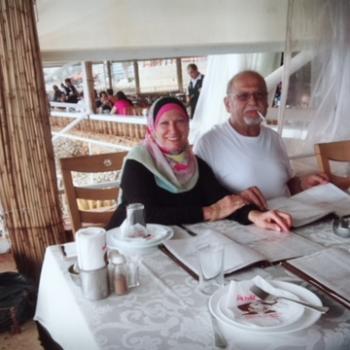Everything you learned in driving school does not apply to driving in Lebanon. Nor in many third world and over populated countries.
I have witnessed the same craziness in places like Egypt, Jordan, Vietnam, and Thailand, among others.
Though, there are Lebanese who can audition for the next Fast and Furious movie.
Traffic lights are not decorations
Lanes and pedestrian crossings go unnoticed. Traffic lights often disregarded. Stop signs and lights virtually nonexistent.
Crossing the street is a risk and many have lost their lives because drivers are careless and pay no attention to people or children on foot.
A serious health warning
Driving in Lebanon can be hazardous to your health. It literally gives you anxiety and high blood pressure.
Trust me. I now have both!
Two eyes are never enough for the road here, whether rural or urban. You need a set of eyes in the back of your head.
One must hold onto the steering wheel with both hands and be alert and aware at all times. Watching people drive, leisurely, with one hand on the wheel or while texting boggles my mind.
With no order or rule of law, driving is a free for all and can be extremely dangerous.
Measuring fatalities and accidents should be focused on
According the Center for Disease Control and Prevention, “each day in the United States, approximately 9 people are killed and more than 1,000 injured in crashes that are reported to involve a distracted driver.”
If this happens in a nation with strict traffic laws, lane control, and traffic light observance, imagine what happens in countries with disregard for such laws.
According to the Lebanese Internal Security Forces numbers (from an article in Arabic in Annahar December 29, 2016), “car accidents dropped by 20.62% in 2016 when compared to 2015. The last 12 months (through December 21) witnessed 3318 accidents which resulted in 4495 injuries and 448 casualties whereas 2015 witnessed 4180 accidents which resulted in 5525 injuries and 564 casualties.”
Some accidents are worse than others.
(Photo taken from Daily Star Lebanon, 12-25-2016)
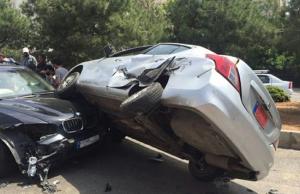
Disrespect on the road
My friend Lana was driving home one evening while a young man sped up, trying to squeeze his car between the median and her vehicle to merge onto an exit.
Rather than waiting for her to complete the exit and get behind her vehicle, he raced forward, trying to clear the exit and put her in danger.
This frightened her and put her in a position to be hit or veer her car into the next lane, where another car was.
The disrespect for other drivers and basic human safety is absurd here.
This happens ALL THE TIME.
This is NOT a once in a while occurrence.
Lack of manners and morals
I watch, time and again, as young men berate elderly drivers, shouting and physically intimidating them. It is appalling and disgusting to witness.
Absolutely terrified, Lana moved forward while the young man began yelling obscenities at her. He was angry because he could not get ahead of her.
Getting in front of her car, he slammed on his brakes and turned his car horizontally, blocking her path. This crazy person then got out and banged on her window, screaming at her.
It was late in the evening with no one to help. When I asked why she did not call the police, she laughed and told me, “Why? They never respond.”
Too many police officers are tied up serving as security details for the countless political officials instead of being on the road.
The fast and the furious
Last night, while driving home, a newer model silver Mercedes sedan came up behind me at nearly 120 mph.
Startled by the flashing high beams and long horn beep, I gripped my steering wheel tightly. I had nowhere to move as I approached a curve in the road. Speeding up would have put me in more danger and this person did not seem to care.
Too scared to slow down or tap my brakes, I maintained my speed and moved into the next lane so he could pass. Without giving me a moment to complete my lane change, he raced past me.
Brushing past my car so quickly that it shook me, I felt my heart race and my blood pressure skyrocket. Even if I wanted to call the police, I did not know their number.
What is 911 in Lebanon?
In the U.S. I would have called 911 and let them know of the reckless driver on the road. Dispatch would contact an area officer to look for the vehicle. Keeping communities and roads safe, matters for some.
In the U.S., 911 signs are present and visible. Having been 6 months in Lebanon, I just learned the equivalent to 911 is 112.
Sadly, the police in Lebanon barely respond to such calls. Residents laugh at me when I ask why they don’t call the police. They tell me that their family or friends respond before officers do.
Wow.
Lack of enforcement
I have yet to witness police enforce laws like I would notice in the U.S. Then again, are laws even enforced as they should be in third world countries? Is there a financial capacity for it? Is the policy foundation established?
I know legislation is passed in the country and often the decrees to implement them and assign regulatory committees is not completed due to multiple reasons. There are NGOs partnering with the government to work on rectifying these issues.
Lazy police officers exist everywhere
I remember the day my tires and rims were stolen off my car while in the driveway of my home in Dearborn Heights, Michigan.
Calling the Dearborn Heights police, I was asked if someone was injured. I responded that everyone was safe. He then told me it was not an emergency and someone would be there in an hour or so.
One and a half hours later, someone finally showed up. This made me 2.5 hours late for work. So much for my tax dollars at work.
Jotting some notes, he didn’t ask any questions and handed me a report number and left.
Respect for law and authority
Law and order are not always synonymous to third world countries.
This is not the first time I visit a country where law enforcement is shown little respect. Nor is it the first time where people can be paid off and corruption is rampant.
Residents find this distressing. People protect themselves because they don’t feel that they are being protected, otherwise.
Governments may be ‘by the people’, but aren’t always ‘for the people’
There is potential to weave structure into its composition and begin finding a way to have order among the chaos.
The government needs to be willing to put aside their personal agendas and focus on the constituents.
Then again, we see personal agendas being prioritized over constituent needs in first world countries, like the U.S.
Perhaps one day there will be enough politicians who will actually work for the communities they serve and not for their own desires. This is my hope for the U.S. and abroad.
I pray for that day.


